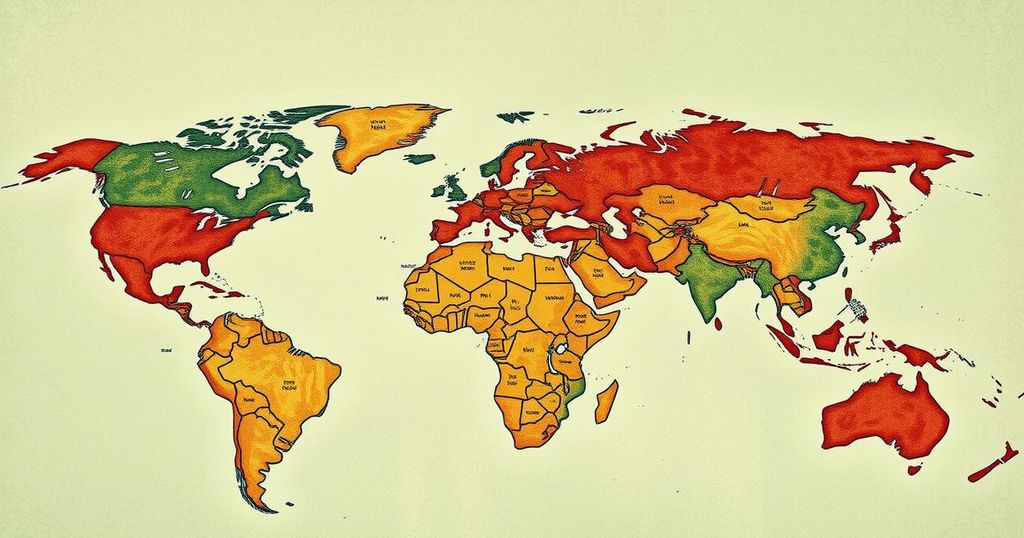Voluntary Carbon Markets: A Closer Examination of Human Rights Violations

Research conducted by SOMO and Human Rights Watch reveals significant human rights abuses linked to the voluntary carbon market. Key projects like Kasigau Corridor and Southern Cardamom have been implicated in misconduct despite receiving certifications. The findings indicate a systemic failure to protect communities, necessitating urgent reforms to ensure accountability and human rights protections within carbon offsetting efforts.
The recent establishment of a new international carbon market, alongside extensive research conducted by the organizations SOMO and Human Rights Watch, has brought to light serious human rights abuses linked to carbon offset projects. These initiatives, which are intended to mitigate greenhouse gas emissions via activities such as tree planting and deforestation prevention, are increasingly becoming sources of exploitation rather than benefit to local communities.
Voluntary carbon markets are designed for individuals, businesses, and governments to purchase carbon credits as a means of offsetting their carbon footprints. However, pervasive issues have emerged, marked by fraudulent climate claims and substantial harm inflicted upon affected communities. Notably, the Science-Based Targets Initiative has recently excluded offsetting as a method for companies to meet their emission reduction goals.
Investigations have highlighted incidents of serious misconduct in notable projects, including sexual harassment in Kenya and forced evictions in Cambodia. The Kasigau Corridor REDD+ Project and the Southern Cardamom REDD+ Project have both been implicated, despite being certified by Verra, a leading certifying body in the carbon market. Reports indicate that significant revenues have been generated through these projects while vulnerable populations continue to experience exploitation and violence.
Verra has previously suspended these projects in response to human rights violations; however, subsequent reinstatements followed inadequate reviews without proper investigations or accountability measures for the reported abuses. In fact, Verra implied that it cannot enforce compensation for communities affected by such violations. As a result, these projects exemplify a broken system where the protection of human rights remains alarmingly neglected amidst the pursuit of carbon trading profits.
The intended expansion of the voluntary carbon market raises urgent questions about its integrity and potential impacts on the communities it allegedly aims to help. The experiences and reports from affected regions underscore the urgent need for accountability and a comprehensive reevaluation of how carbon offset projects are governed, ensuring that human rights considerations are paramount in climate action efforts.
The voluntary carbon market enables stakeholders to buy carbon credits to offset greenhouse gas emissions. Concerns have been raised about the integrity of these markets, as they have been linked to serious human rights abuses and deceptive practices. High-profile carbon reduction projects, allegedly aimed at combating climate change, have instead perpetuated exploitation and harm to local communities. The emergence of these issues highlights a critical gap in the governance and ethical oversight of carbon offsetting initiatives.
The voluntary carbon market, while aimed at reducing emissions, has failed to safeguard the rights of vulnerable communities. Investigations reveal that leading certifiers like Verra have inadequately addressed serious human rights abuses associated with carbon projects. This situation necessitates urgent reforms to ensure accountability and protection for affected populations, reaffirming the importance of integrating human rights into climate action strategies.
Original Source: www.aljazeera.com






